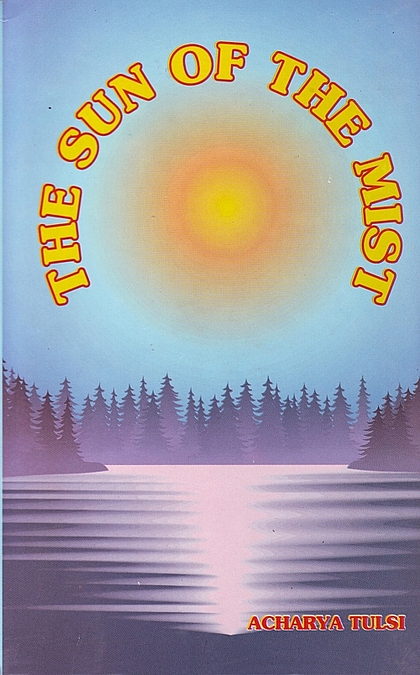The future of an age depends upon the younger generation. The more polite, cultured, capable and educated the younger generation, the brighter the possibilities of progress in that age. The same is true of a nation, a society or a family. It is therefore quite evident that the most important task of the day is the proper education of our children.
Some people think that a child's mind is like a blank sheet of paper on which one can draw whatever picture one likes, and that a child can be easily moulded in any direction. From a certain point-of-view this opinion may be right, but it is not the whole truth. Every child brings with him his own heredity- chromosomes and genes. The social environment is also a factor in the development of his personality. Which means that the seeds of tradition are innate in a child; the social or the family environment only furnishes occasions for the development of his innate tendencies.
Generally, the parents provide for their children all material comforts; they also provide for their schooling and medical treatment. But they are not very particular about their total, all round development. Some other parents are even negligent about the education and self-dependence their children. In the absence of proper guidance or because of too much pampering, the children either grow lazy or do nothing, or their actions only serve to lead them astray. In these circumstances, it is the responsibility of intelligent parents to ensure that their children grow up to be integrated human beings.
The parents, who leave their children’s education entirely in the hands of government institutions, do not do them justice. Even in private schools where intellectual development occupies the first place and the development of an integrated personality is a secondary issue, total, all round development of the child is not possible. The religious people specially ought to consider is point with the seriousness it deserves. Parents, who like to be called modern, are attracted to the convent and public schools. They feel that students studying in their schools are education along modern lines and those they come to learn very well the social mores. This may be party true. But to be trained in social mores alone does not constitute life. For integrated living, it is necessary to impart to our children eternal values, such as culture, tradition, discipline, humility, perseverance, truth, and the spirit of service, etc. A curriculum which strikes at the very root of culture can never be instrumental in bringing about an integrated personality.
Those parents, who think of making their children cultured through religious catechetic, also display of a partial understanding. The children taking part in religious catechisms study for the examination for a few days and immediately afterwards forget everything. It does not offer a solid foundation for the development of their character and knowledge.
What is required is a continuing environment and curriculum that would ensure their intellectual development along with emotional maturity. (Character)
With that end in view some thoughtful people have evolved a plan, according to which the basic syllabus from primary to high middle school level, will be combined with a moral and religious curriculum specially designed to refine the children’s sensibilities. The underlying Idea behind this curriculum is that whatever instruction is to be imparted to the children, it must be done with love and simplicity. This simple and loving impartation will be achieved through a proper utilization of two techniques—the story and the picture.
The teacher should not rest content with merely teaching the prescribed book; he must also establish a dialogue with the children. They must utter with their own tongue whatever they are taught. It would also be incumbent upon teachers to study child- psychology. Thus, basing their instruction on a first-hand understanding of their pupils’ mentality, they would be able to guide them in the right direction.
It is easy to teach graduate and post-graduate classes; to teach little children is much more arduous. To create literature for higher levels is not so difficult, as the creation of literature for little children. The teachers will have to be specially trained for that. In the absence of trained teachers, no teaching institution or curriculum can give the children a bright future. If the Jain Vishva Bharti, takes upon itself the responsibility for training teachers, and people in every field of life are conscious of their social, family and moral obligations, it might be possible to make a beginning which would prove beneficial in the all-round development of our children.
 Acharya Tulsi
Acharya Tulsi
